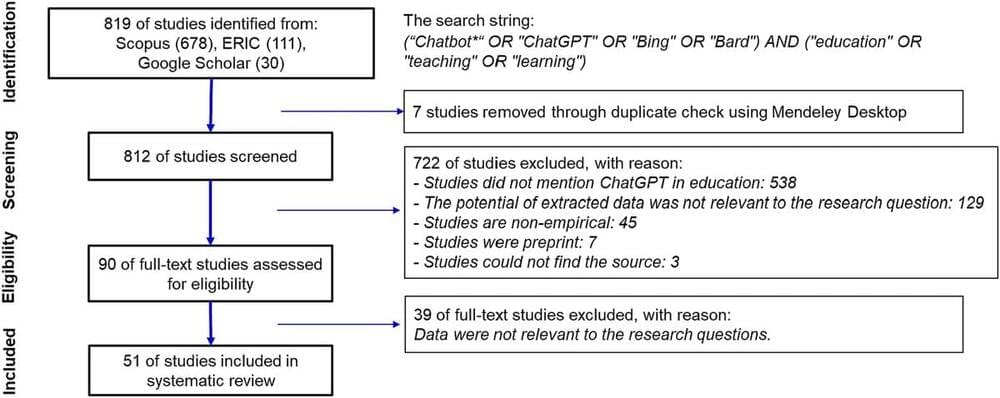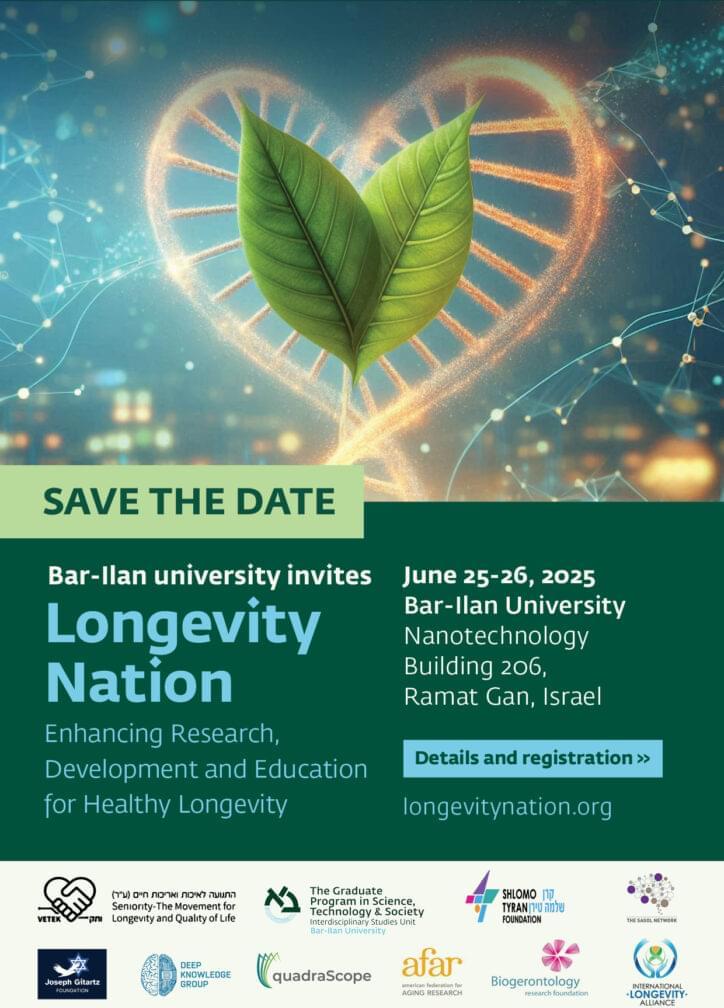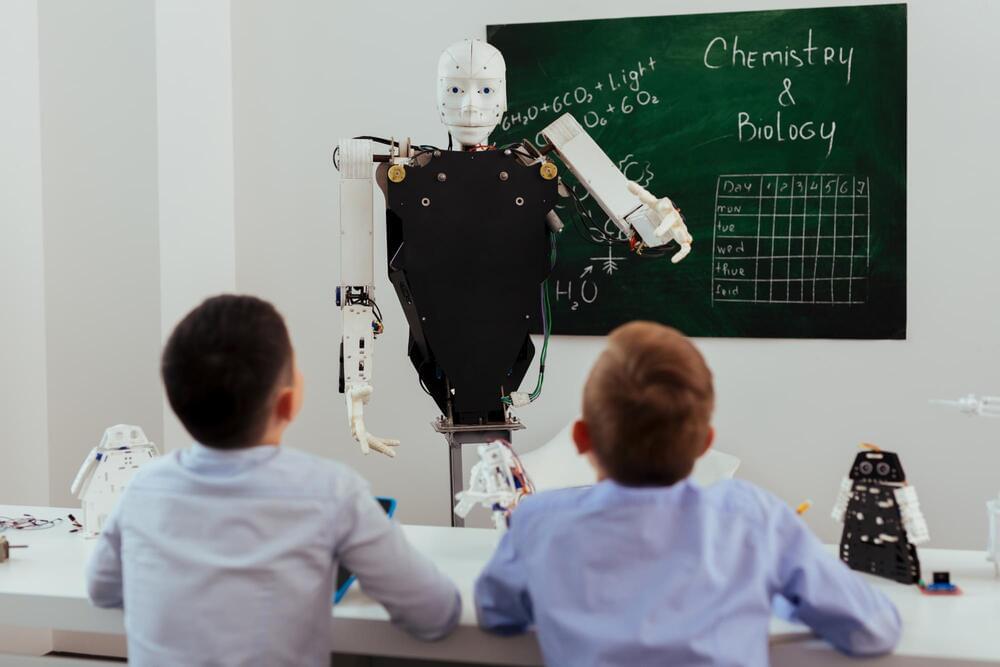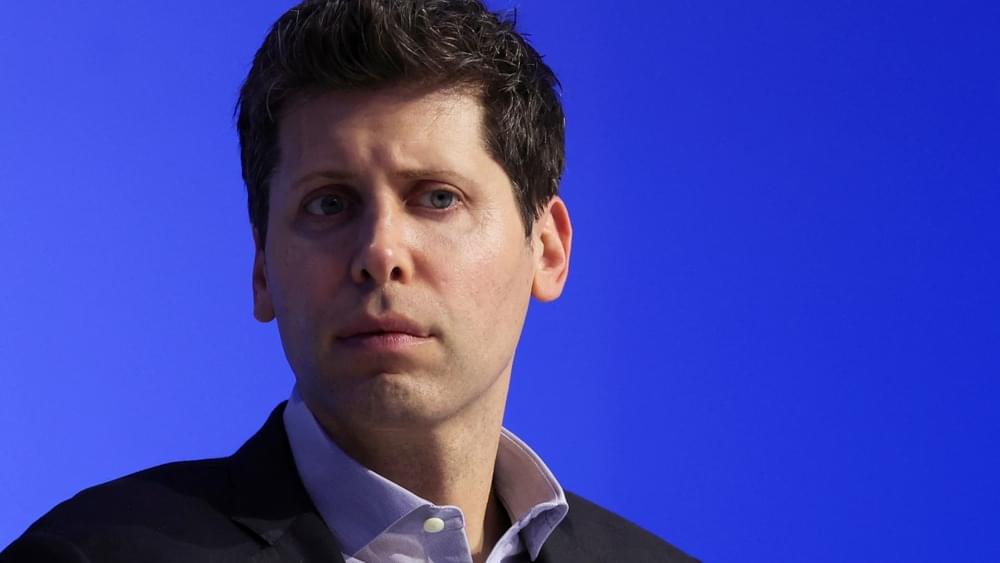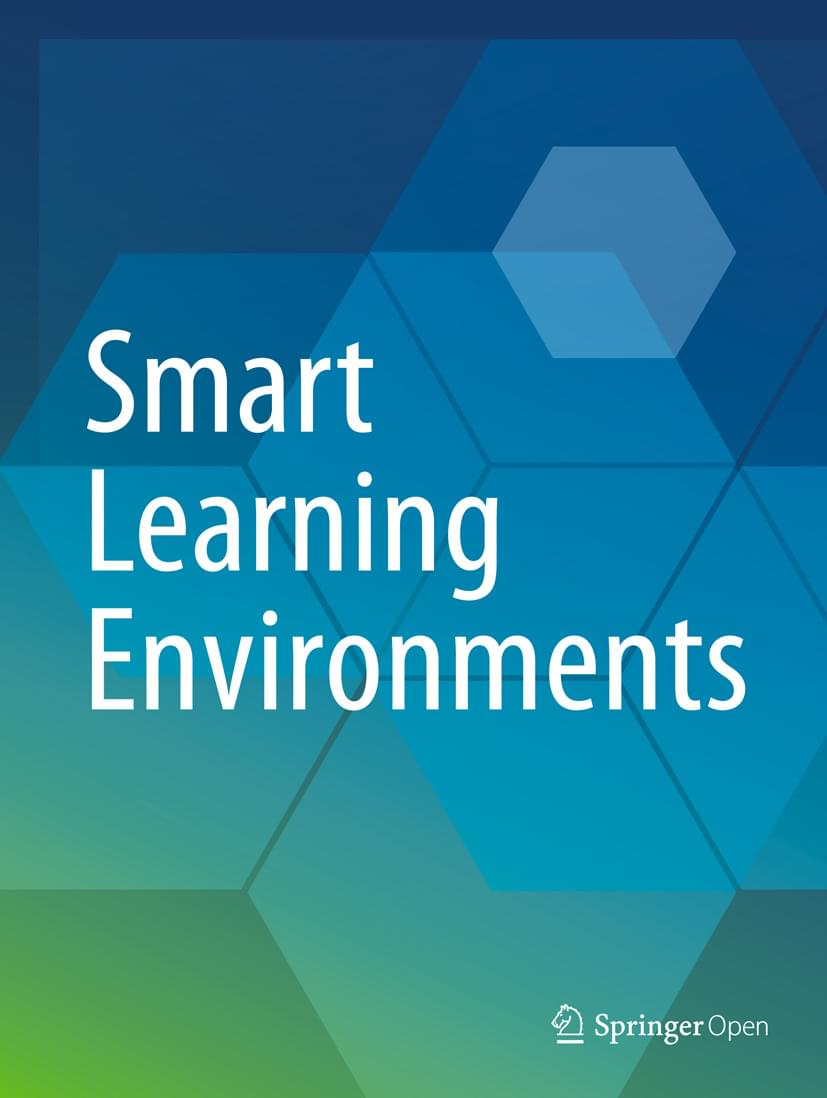Introduction: The integration of ChatGPT, an advanced AI-powered chatbot, into educational settings, has caused mixed reactions among educators. Therefore, we conducted a systematic review to explore the strengths and weaknesses of using ChatGPT and discuss the opportunities and threats of using ChatGPT in teaching and learning.
Methods: Following the PRISMA flowchart guidelines, 51 articles were selected among 819 studies collected from Scopus, ERIC and Google Scholar databases in the period from 2022–2023.
Results: The synthesis of data extracted from the 51 included articles revealed 32 topics including 13 strengths, 10 weaknesses, 5 opportunities and 4 threats of using ChatGPT in teaching and learning. We used Biggs’s Presage-Process-Product (3P) model of teaching and learning to categorize topics into three components of the 3P model.
